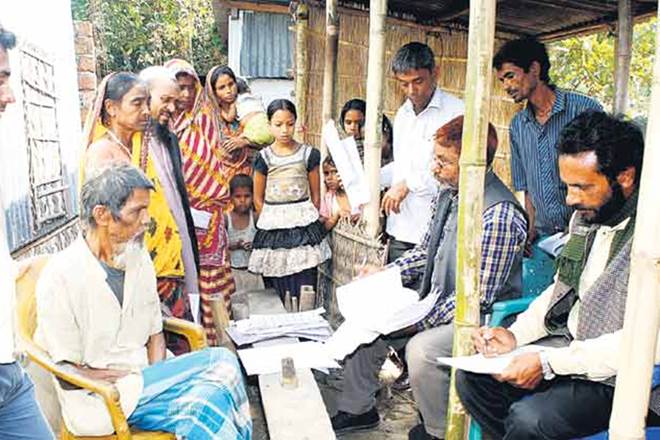Ruling comes as major relief to lakhs excluded from NRC

Providing relief to lakhs of Assamese, the Supreme Court today allowed the inclusion of all fifteen documents for the ongoing claims process of the National Register of Citizens (NRC). The verdict deals a blow to NRC state coordinator Shri Prateek Hajela’s contention that five specific documents be dropped from the list of documents required to establish ‘legacy’ for citizens. CJP, which has been working on the ground to help those excluded from the final NRC draft had comprehensively rejected Mr. Hajela’s submission to the court here and here.
The fifteen eligible documents, also known as List A, are essential for establishing the presence of the applicant or an ancestor in Assam before 1971. Apart from the five documents now allowed by the Court, the ten other documents include land documents; permanent residential certificate issued from outside the state; passport; Life Insurance Corporation of India (LIC) insurance policy; any licence or certificate issued by any government authority; document showing service or employment under government or Public Sector Undertakings; bank or post office accounts; birth certificates issued by the competent authority; educational certificate issued by Boards or Universities; and records or processes pertaining to court, provided they are part of a processing in a judicial or revenue court.